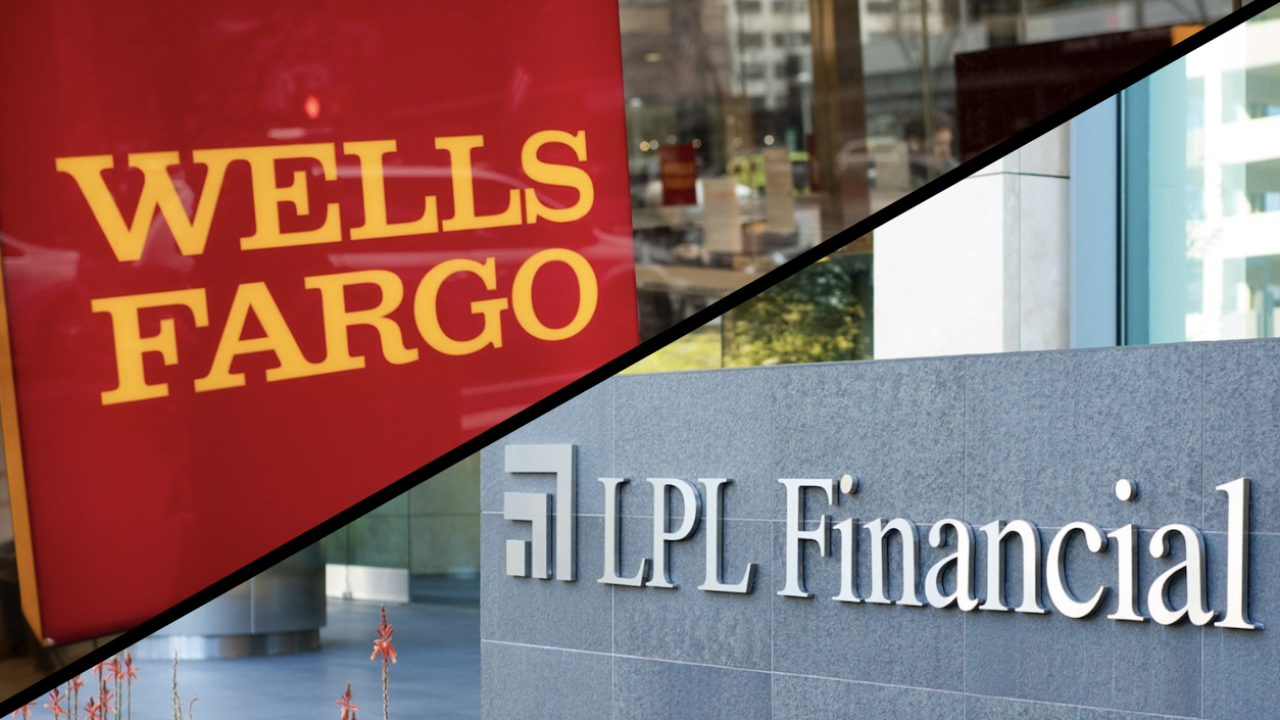Moody’s and S&P are warning they may soon downgrade the United States’ coveted AAA sovereign debt rating if the debt ceiling isn’t raised or if the country misses any debt payments or fails to meet obligations like distributing Social Security checks, but at least one credit rating firm appears to have reached the end of its patience.
In fact, Egan-Jones, a smaller credit rating agency based in Haverford, Pa., might issue a downgrade as early as next week, long before the so-called Big Three credit rating agencies are expected to take action.
"We are looking now at whether we should downgrade the U.S. rating," said Sean Egan, managing director of Egan-Jones, in an interview with On Wall Street.
According to Egan, the final decision by Egan-Jones on a downgrade would likely be made “over the weekend,” with an announcement coming early next week.
"We’ll give the government negotiators a chance to see if they can come up with serious cuts by then," he said, adding that those cuts would have to be significantly more than the $2 trillion “smaller” deal proposed by Republicans.
“That would have to be coupled with serious indications of more cuts to come, in programs like Medicare, Medicaid, Social Security and the military,” Egan said.
Egan criticized the focus by other rating agencies on the debt-ceiling debate, saying it is a “red herring.”
“If the debt ceiling isn’t raised, it means possibly a delinquency in some payments. But investors can distinguish between a delinquency and a default," he said. "It’s like if you go on vacation and forget to make your monthly mortgage payment. Your bank doesn’t put you in default. They just ding you with a late fee and forget about it.”
While some investors and advisors are mulling the wisdom of
"I don’t think that there’s an awareness of the depth of the problem," he said. "The three wars that we’re involved in, for no obvious benefit, have cost $3 trillion dollars and the financial crisis has cost another $2 trillion and, meanwhile, the ratio of U.S. GDP to debt -- a primary measure of sovereign risk -- has moved to 106%.”
This broader situation, not the matter of the debt ceiling, is what led Egan-Jones to issue a negative warning on U.S. debt back on March 1.
Egan admits that downgrading U.S. sovereign debt is “a major deal,” but he says it is “highly likely” that his company will pull the trigger “after the weekend.”
Egan-Jones has made a name for itself over the past decade by being well ahead of the large credit rating agencies in warning about credit problems with Worldcom and California’s utilities back in 2000.
The boutique agency, with just 15 analysts, was also ahead of the curve in downgrading Enron. More recently Egan-Jones issued early warnings about the sub-prime mortgage crisis, and lowered Lehman Brothers' rating to BBB back in May, 2008.
Egan, in testimony before Congress, has repeatedly blasted the big-three rating agencies, saying that their revenue model, which has companies paying for their own ratings, presents an inherent conflict of interest.
Egan-Jones and other smaller agencies are funded instead solely by investor organizations that are seeking credit information on companies or other entities.





